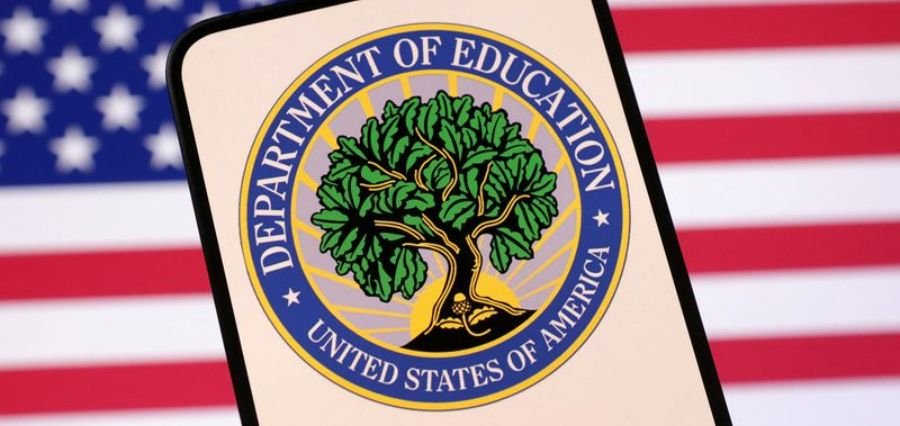Prime Highlights
- The University of Michigan is in the process of being investigated by the US Department of Education for missing and falsely reporting foreign funding.
- The university has 30 days to file detailed records on foreign contracts and grants.
Key Fact
- The investigation is regarding possible Section 117 violation of the Higher Education Act mandating reporting of foreign funding above $250,000.
- The investigation is a follow-up of criminal charges filed against Chinese scientists involved in illicit biological material transfers from UM laboratories.
Key Background
The University of Michigan is facing federal scrutiny following the US Department of Education’s decision to open a full investigation into its foreign-funded records. The department’s initial review identified what it referred to as untimely, incomplete, and potentially deceptive reports of foreign gifts and contracts. This has been labeled as a possible violation of Section 117 of the Higher Education Act, which requires universities to report foreign funding of over $250,000 per year.
The Department of Education has directed the university to provide a broad spectrum of documents within a period of 30 days. These include financial documents, agreements with foreign governments, cooperative agreements with foreign institutions, and internal practices pertaining to foreign activity and research. Of special concern are claims of improper misclassification of some foreign entities as non-governmental, where foreign states are involved.
This investigation is happening against the backdrop of a worrisome pattern. In recent months, there have been criminal indictments of Chinese researchers working with UM research institutions that have raised national security concerns. One was trying to import a fungus that potentially could damage American agriculture, and the other was involved in unauthorized exports of biological samples. These incidents heightened concerns over access by foreigners to sensitive laboratory spaces at US institutions.
The University of Michigan said that it was cooperating with the investigation completely and committed itself to compliance with regulatory and national security requirements. Earlier, out of federal concern, the university cut its relationship with a Chinese counterpart university in an attempt to minimize risks of foreign technological influence.
This case is the latest in the broader federal attempt to protect American academic research from excessive foreign influence. The conclusions of the investigation could be a model for how universities handle and report foreign collaborations in the future.





